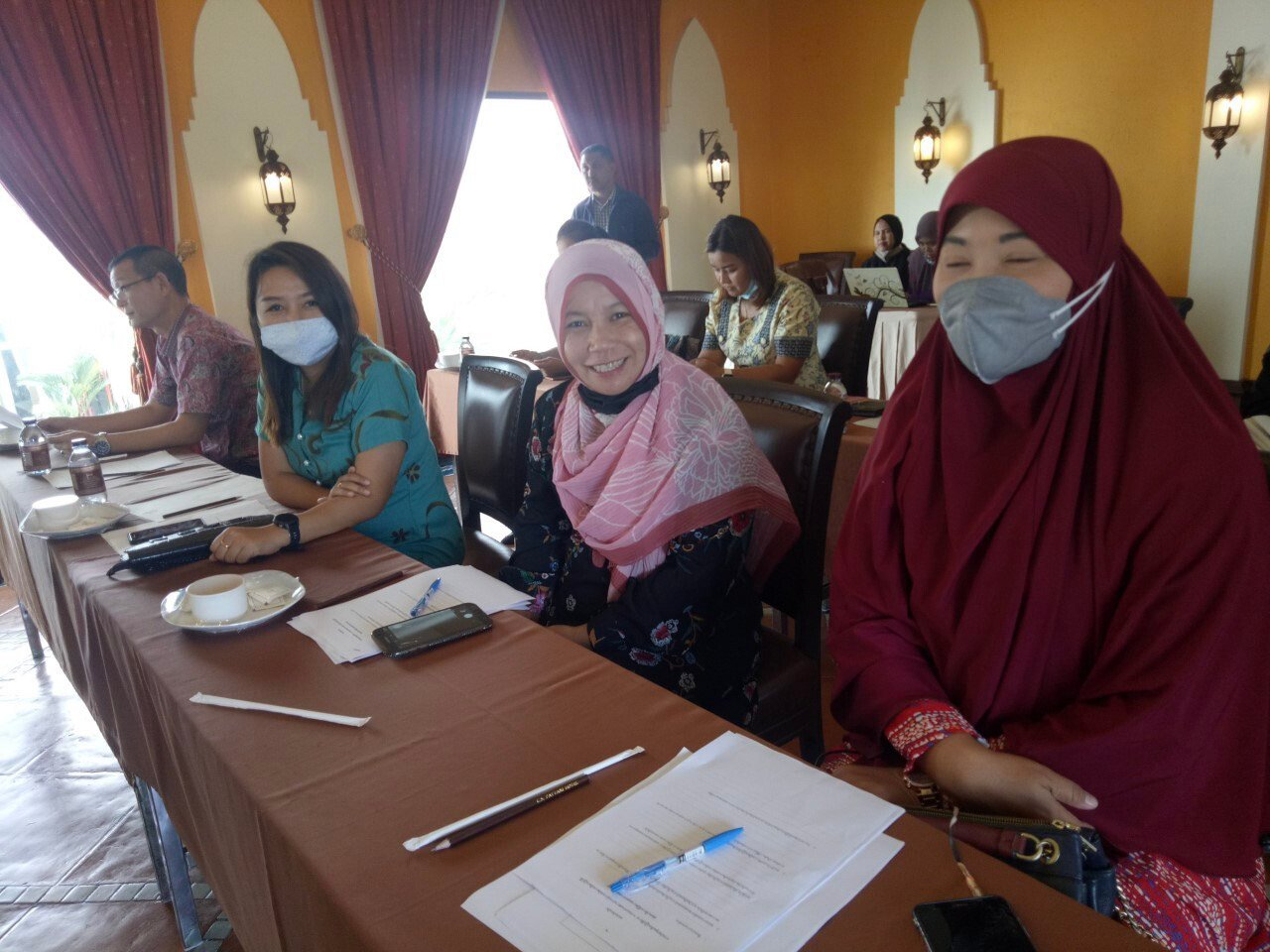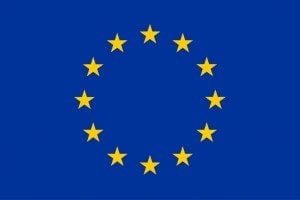
Inclusive peacebuilding in Thailand’s Southern Border Province
Duration: 1 February 2022 – 31 January 2025
Country: Thailand
Communities: Marginalized communities in the deep south, broadly referring to the Patani Muslim community and specific groups within the community—women, widows, women with disabilities, persons with disabilities, religious and ethnic minorities such as Buddhists and Chinese, LGBT+, youth, rural persons.
What is this programme about?
The programme aims to realize the full protection of the rights of marginalized communities in Thailand’s deep south by strengthening their inclusion in peace processes so that they can claim their rights throughout the process and afterwards in transition to a peaceful society. We will support in-country civil society actors and their initiatives designed to prevent conflicts, respond to crises and build trust and confidence across conflict divides. More precisely we will:
- Create networks of communities and community leaders that are knowledgeable about peace processes, able to facilitate resolution of conflict, and empowered to design and implement projects in their communities according to their understandings of peace.
- Provide participatory research training, build advocacy skills, provide opportunities to engage key decision makers, strengthen network-building activities, build the role of marginalized groups in peace processes, and amplify the experience of women peace advocates.
- Engage in sustained advocacy and lobbying with local, national and international influential stakeholders, providing key opportunities for awareness raising, familiarization with relevant qualitative and quantitative data, and challenges to engrained discrimination.
- Build the capacity of civil society organizations (CSOs) to design, implement and monitor their own projects through sub grants, enable peaceful advocacy for their rights, increase solidarity in civil society and bring grassroots persons into a broader movement for peace.
What is the context?
Patani Muslims are a marginalized minority in Thailand and, have been historically excluded from participation in country’s political, economic and social life. This has led to a violent separatist movement that has been met with a militarized approach from the central government. The heart of this conflict is one of exclusion. This applies to minorities who are excluded from their inherent rights in the state of Thailand, but also to marginalized groups within the Southern Border Provinces – including women, widows, women with disabilities, persons with disabilities, religious and ethnic minorities such as Buddhist and Chinese, LGBT+, youth, reintegrated fighters, accused fighters and torture victims. Conflict has a disproportionate impact on these groups, yet they are sidelined in official peace processes and lack recognition as distinct stakeholders. Without directly targeting the inclusion and participation of these groups, peace processes risk failure.
Since the official initiation of the peace process in 2013, there has been little substantive progress toward resolving the conflict in the deep south. CSOs have been sidelined in the official peace dialogue process and there has been little meaningful participation of marginalized groups facing intersectional discrimination. Communities are fragmented, both within and between Buddhist and Muslim villages, and many are distrustful of each other and the state apparatus.
Direct talks with the Barisan Revolusi Nasional were launched in early 2020, marking the first-time formal dialogue has been initiated between the government and the largest and most significant rebel group. While the process has been delayed because of Covid-19, parties plan to restart talks this year, making conditions ideal for communities to mobilize and inform dialogue and confidence-building measures.
What are we aiming to achieve?
- Increased capacity of marginalized communities to participate in peace processes, document ongoing challenges and influence related policies and practices.
- Increased trust and confidence among and across communities and CSOs leading to renewed co-operation, dialogue and mutual understanding.
- Increased awareness and engagement of local and national influential stakeholders in the rights of marginalized communities in the deep south and their importance for a secure and lasting peace.
- Dilution of boundaries between groups so that they can function with diverse, yet unified, voices in their demands from parties to the conflict that reflects and draws upon needs and expectations of all groups.
- Development of localized solutions to security challenges that have an impact on people’s daily lives and contribute to more genuine, inclusive processes.
Who are our partners?
- Prince of Songkla University – Institute for Peace Studies (IPS)
- Kampong Taqwa Association (KTA)
Who is funding this programme?
This programme is funded by the European Union.
 Malay-Muslim women in Thailand’s deep south take part in coalition building and training on Minority/Disability intersectional discrimination, Pattani, August 2021. Credit: Southern Association of Disabilities Thailand.
Malay-Muslim women in Thailand’s deep south take part in coalition building and training on Minority/Disability intersectional discrimination, Pattani, August 2021. Credit: Southern Association of Disabilities Thailand.
 This content represents the views of Minority Rights Group only and is its sole responsibility. The European Union does not accept any responsibility for the use that may be made of the information it contains.
This content represents the views of Minority Rights Group only and is its sole responsibility. The European Union does not accept any responsibility for the use that may be made of the information it contains.